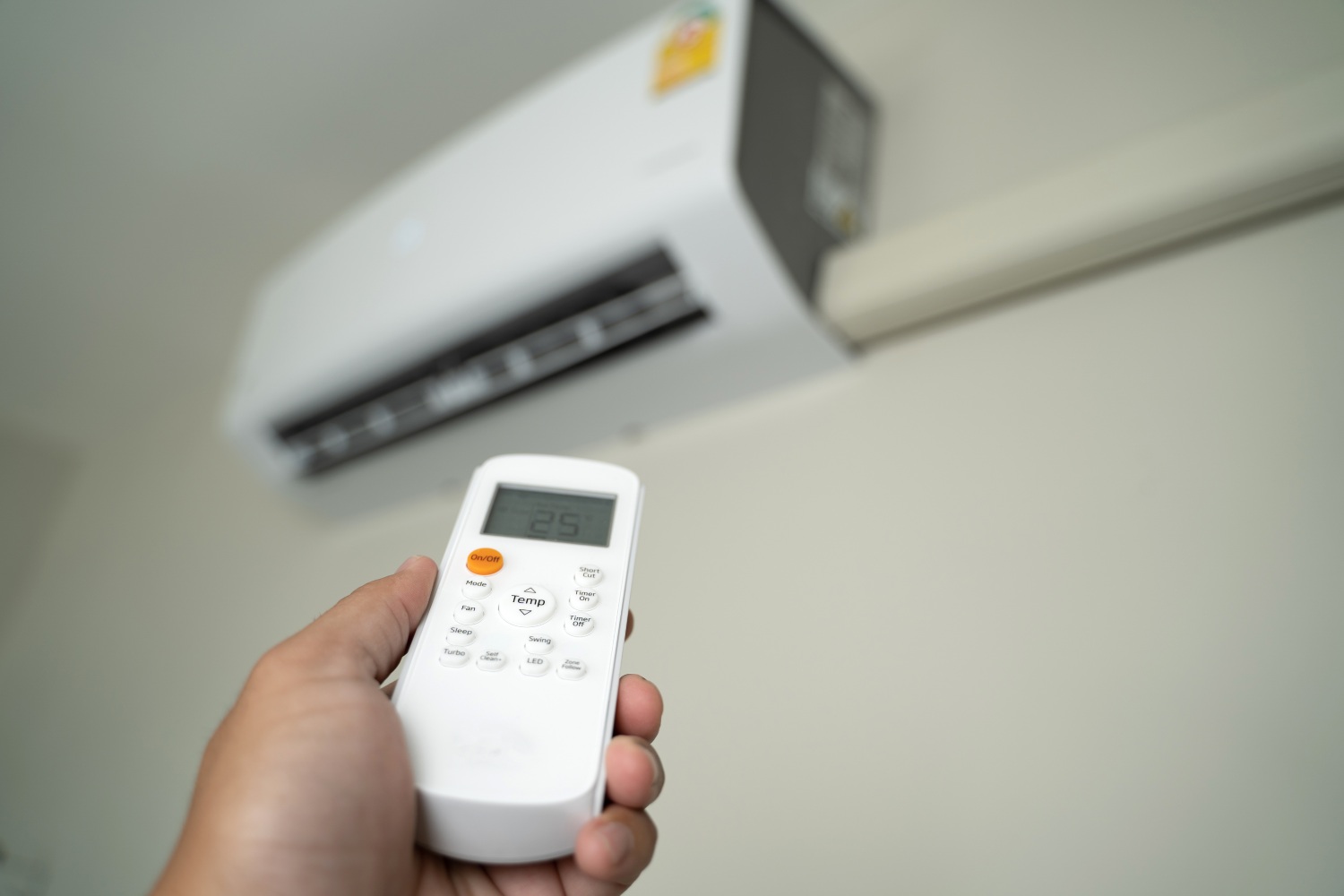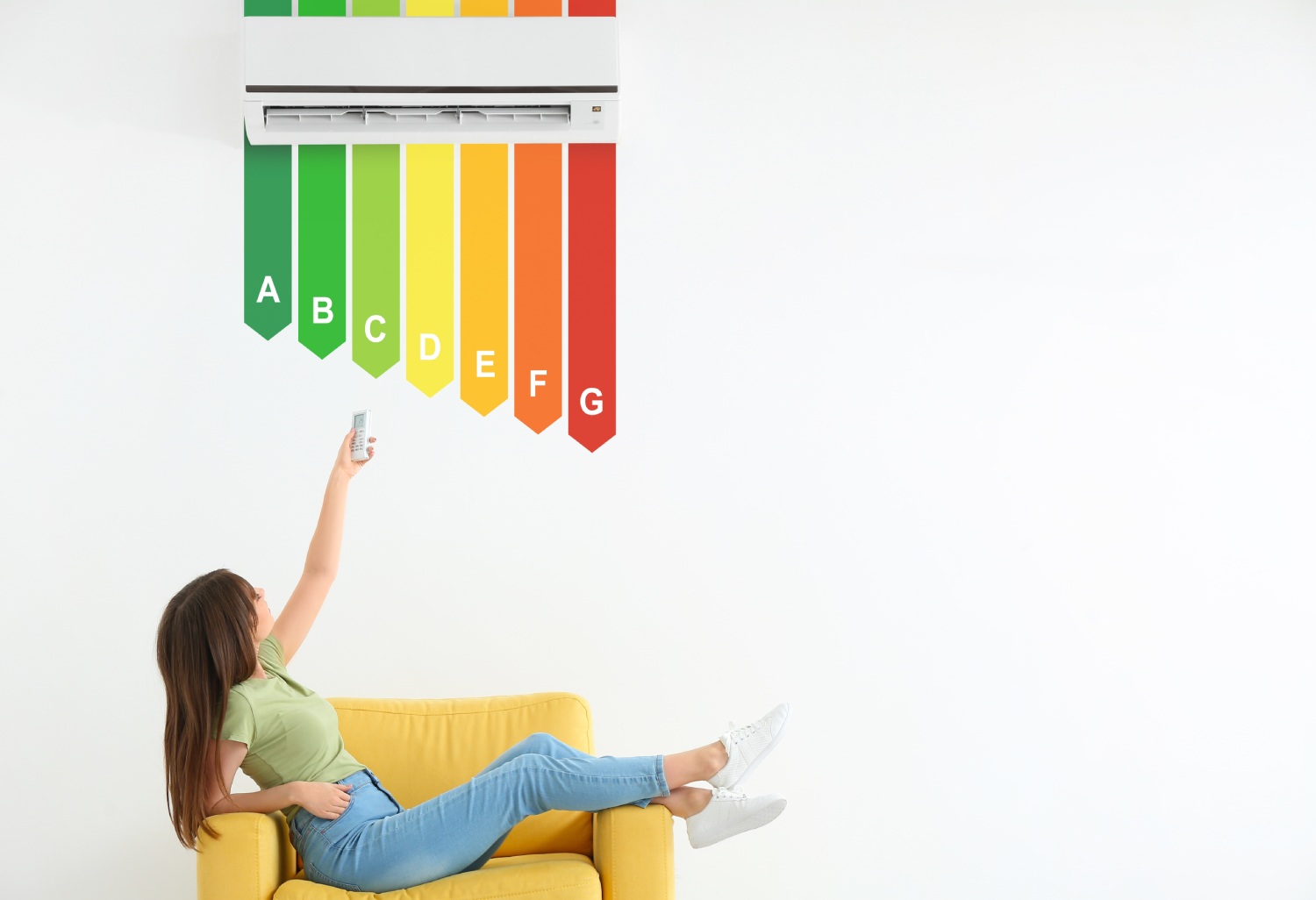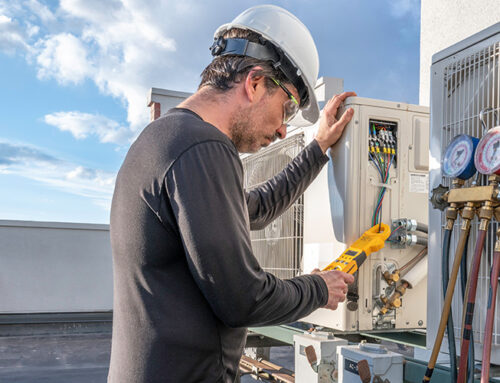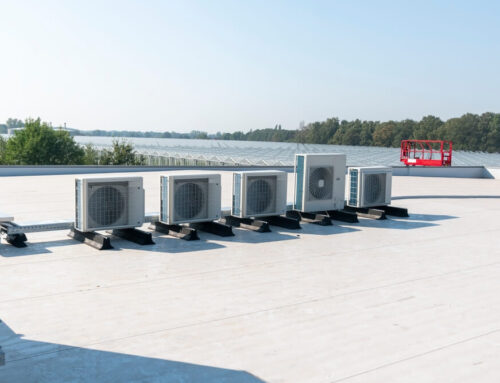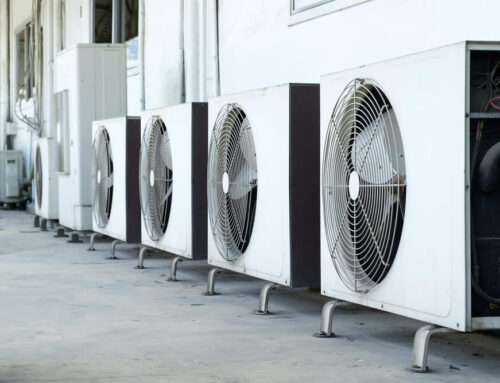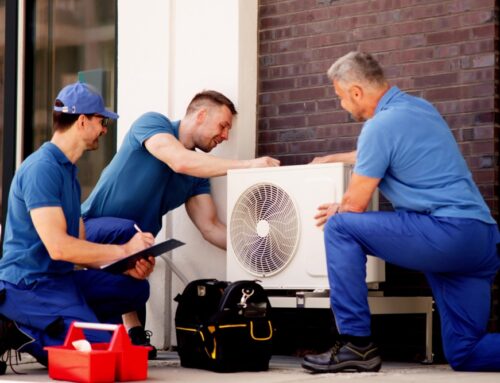As the world becomes increasingly conscious of the need for energy conservation, the role of HVAC systems in this endeavor cannot be overstated. HVAC systems, particularly commercial air conditioning units, are significant energy consumers. Therefore, their efficient operation is crucial not only for cost savings but also for environmental sustainability.
Commercial air conditioning units, when operated efficiently, can contribute to substantial energy savings. This not only reduces operational costs for businesses but also lessens the environmental impact. Comprehending the benefits of energy-efficient HVAC systems becomes much easier with Chills Air Conditioning because it extends beyond the immediate savings on utility bills. They also contribute to a more sustainable business model and a healthier environment, making them a worthwhile investment for any business.
Enhancing HVAC energy conservation in a commercial setting involves a combination of using energy-efficient equipment, regular maintenance, and adopting energy-saving practices. This article will delve into these aspects, providing valuable tips on how to maximize the energy efficiency of commercial air conditioning units. The goal is to equip businesses with the knowledge to make informed decisions about their HVAC systems, ultimately leading to improved energy conservation and cost savings.
Effective Maintenance of the HVAC System
One of the most effective ways to achieve HVAC energy savings is through regular and thorough maintenance of the system. A well-maintained HVAC system operates more efficiently, uses less energy, and lasts longer, providing significant cost savings over time. Regular maintenance checks are essential to ensure that the system is functioning at its optimal capacity and to identify any potential issues before they escalate into costly repairs or replacements.
These checks should be comprehensive, covering all aspects of the system, including:
- cooling equipment,
- heating equipment,
- ductwork,
- controls.
A professional HVAC technician can perform these checks, ensuring that all components are in good working order and making any necessary adjustments or repairs. This proactive approach to HVAC maintenance can lead to significant improvements in energy efficiency and cost savings.
The Role of Frequent Maintenance Checks in Energy Conservation
Frequent maintenance checks are a critical aspect of HVAC energy management. These checks can identify issues such as leaks, blockages, or wear and tear that can impact the system’s efficiency. By addressing these issues promptly, businesses can ensure that their HVAC systems are always operating at peak efficiency, leading to substantial energy and cost savings.
Moreover, regular maintenance checks can also help businesses stay ahead of potential problems, allowing them to plan for necessary repairs or replacements instead of facing unexpected breakdowns. This not only helps maintain the system’s efficiency but also extends its lifespan, providing even more cost savings in the long run.
The Impact of Replacing Filters Regularly on Energy Efficiency
Replacing filters regularly is another crucial aspect of HVAC maintenance that can significantly impact energy efficiency. Over time, filters can become clogged with dust and other particles, which can restrict airflow and force the system to work harder, using more energy.
By replacing filters regularly, businesses can ensure optimal airflow and reduce the strain on the system, leading to improved energy efficiency. Moreover, clean filters also improve indoor air quality, creating a healthier and more comfortable environment for employees and customers alike. Therefore, regular filter replacement is not only an effective energy conservation method but also a key aspect of maintaining a healthy and productive business environment.
Optimal Use of Thermostat Settings
Another key aspect of HVAC energy management is the optimal use of thermostat settings. The thermostat controls the operation of the HVAC system, and its settings can significantly impact the system’s energy consumption. By strategically setting the thermostat, businesses can achieve substantial HVAC energy savings without compromising comfort.
It’s important to note that each degree of adjustment can result in significant energy savings over time. Therefore, even small changes in thermostat settings can lead to noticeable improvements in energy efficiency. Moreover, modern thermostats offer advanced features such as programmability and smart controls, which can further enhance energy savings.
Importance of Strategic Thermostat Settings for Energy Conservation
Strategic thermostat settings are a crucial part of energy conservation methods. By adjusting the thermostat settings to match the occupancy and activity levels in the building, businesses can ensure that they are not wasting energy on unnecessary cooling or heating. For example, setting the thermostat a few degrees higher in summer or lower in winter during non-working hours can result in significant energy savings.
Moreover, using programmable thermostats can automate this process, ensuring optimal temperature settings throughout the day without the need for manual adjustments. This not only improves energy efficiency but also enhances comfort by ensuring a consistent indoor temperature.
Practical Tips on Thermostat Settings and Usage to Save Energy
Here are some practical tips on thermostat settings and usage to save energy. First, consider setting the thermostat to the highest comfortable temperature in summer and the lowest comfortable temperature in winter. This reduces the workload on the HVAC system, leading to energy savings.
Second, consider using a programmable thermostat. These devices can automatically adjust the temperature based on a pre-set schedule, reducing energy consumption during non-working hours or when the building is unoccupied. Some programmable thermostats can even learn your schedule and preferences, making automatic adjustments to optimize energy savings.
Finally, avoid frequent manual adjustments of the thermostat.
Constant changes can cause the HVAC system to work harder, increasing energy consumption. Instead, try to maintain a consistent temperature setting as much as possible.
Investment in Energy-Efficient Equipment
Investing in energy-efficient HVAC systems is a strategic move that can lead to significant HVAC energy savings in the long run. While the initial cost of these systems may be higher, the energy savings they provide can offset this cost over time. Moreover, energy-efficient HVAC systems are designed to last longer and require less maintenance, further adding to their cost-effectiveness.
Energy-efficient HVAC systems use advanced technology to minimize energy consumption while maintaining optimal comfort levels. They are designed to operate more efficiently, reducing energy waste and lowering utility bills. By investing in these systems, businesses can not only reduce their energy costs but also contribute to environmental sustainability.
Long-Term Cost Benefits of Investing in Energy-Efficient HVAC Models
The long-term cost benefits of investing in energy-efficient HVAC models are substantial. These systems can reduce energy consumption by up to 20-50%, leading to significant cost savings. Over the lifespan of the system, these savings can more than offset the initial investment.
Moreover, energy-efficient HVAC systems often qualify for tax credits and rebates, further reducing the overall cost.
They also contribute to a greener business image, which can be a valuable asset in today’s environmentally conscious market. Therefore, the benefits of investing in energy-efficient HVAC systems extend beyond immediate energy savings to long-term financial and environmental benefits.
Examples of Energy-Efficient Models to Consider
There are many energy-efficient HVAC models available on the market today, each offering unique features and benefits. For example, variable-speed air conditioners can adjust their output based on the current cooling demand, leading to improved energy efficiency. Heat pump systems, on the other hand, can provide both heating and cooling, offering a versatile and energy-efficient solution for year-round comfort.
Another option to consider is a ductless mini-split system, which provides targeted cooling and heating without the need for ductwork. This can be a particularly energy-efficient solution for businesses with multiple rooms or zones. Finally, geothermal HVAC systems use the stable temperature of the earth to provide efficient heating and cooling, making them one of the most energy-efficient options available.
When choosing an energy-efficient HVAC system, it is important to consider the specific needs and circumstances of your business. A professional HVAC contractor can provide valuable advice and recommendations to help you make the best choice.
Embracing Energy Conservation in Commercial HVAC Systems
Energy conservation is a critical aspect of modern business operations, and commercial HVAC systems play a significant role in this endeavor. By implementing energy-saving practices, businesses can significantly reduce their energy consumption, leading to cost savings and a reduced environmental footprint.
From regular maintenance checks to strategic thermostat settings and investment in energy-efficient equipment, there are numerous ways to enhance the energy efficiency of commercial HVAC systems.
These energy-saving tips are not just about reducing energy consumption; they are about creating a more sustainable and cost-effective business model. Energy-efficient HVAC systems can lead to substantial cost savings over time, offsetting the initial investment and contributing to the financial health of the business. Moreover, they can enhance the comfort and productivity of the workplace, leading to additional indirect benefits.
But the benefits of energy conservation extend beyond the immediate business environment. By reducing energy consumption, businesses can contribute to broader environmental sustainability efforts, helping to mitigate the impacts of climate change. This not only benefits the environment but also enhances the business’s reputation as a responsible corporate citizen.
Therefore, it is clear that energy conservation in commercial HVAC systems is not just a good business practice; it is a strategic decision that can lead to significant benefits on multiple fronts. By implementing the energy-saving tips discussed in this article, businesses can take a significant step towards more sustainable and cost-effective operations. Our company is here for guidance and advice in regards to our client’s energy-saving efforts, so give us a call!

